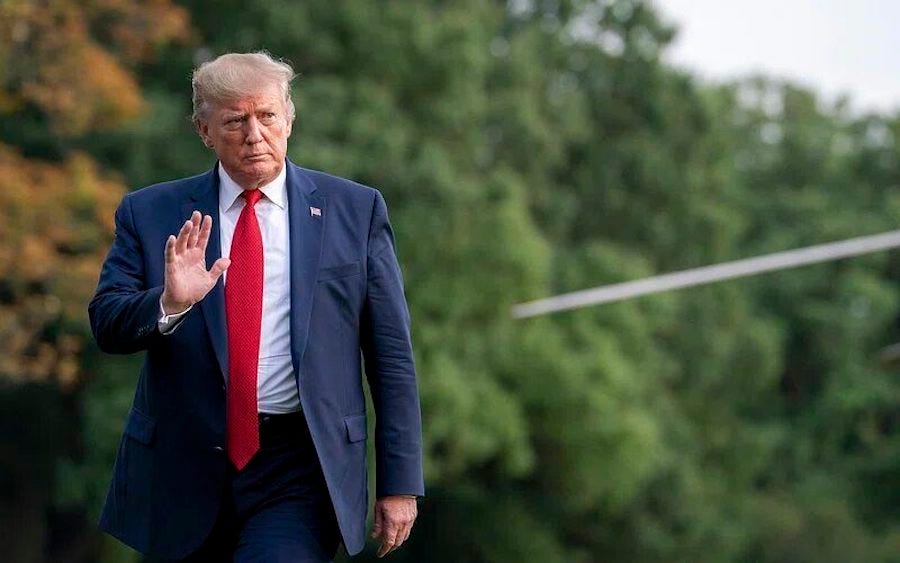1. India’s Role in Supplying Generic Medicines
India is a key player in the global pharmaceutical market, supplying a substantial portion of the world’s generic medicines. The country is responsible for approximately 47% of the generic medicines supplied to the United States. India’s pharmaceutical industry is one of the largest in the world, with a wide range of medicines, including life-saving drugs, being exported to various countries, including the U.S.
2. Impact of Trump’s 25% Tariff Threat
Former U.S. President Donald Trump’s threat to impose a 25% tariff on pharmaceutical imports from India has raised concerns within the Indian pharmaceutical industry. If implemented, this tariff could severely impact the cost-effectiveness of generic medicines, potentially making life-saving drugs more expensive for U.S. consumers. The move has sparked debates about the implications for global trade and the access to affordable healthcare.
3. IPA’s Response to the Tariff Threat
In response to the tariff threat, the Indian Pharmaceutical Alliance (IPA) has expressed concerns over the potential adverse effects on the industry. The IPA emphasized that India’s pharmaceutical sector has been crucial in providing affordable healthcare solutions to the U.S. and other countries. The association highlighted that the imposition of tariffs could disrupt the supply of essential medicines and hurt global health efforts, particularly for the most vulnerable populations.
4. Importance of Generic Medicines in U.S. Healthcare
Generic medicines are a cornerstone of the U.S. healthcare system, as they make up a significant portion of prescriptions. These medicines are more affordable compared to their branded counterparts, allowing millions of Americans to access necessary treatments. India’s role in supplying these generics ensures that the U.S. maintains a reliable source of affordable drugs, which is vital for public health.
5. Potential Consequences and Future Negotiations
If the tariff were to be imposed, the consequences could extend beyond just price increases. It could lead to delays in the availability of critical medicines and create a shortage of affordable options for patients. Both countries may need to enter negotiations to avoid these disruptions and maintain the flow of affordable medicines. The future of India-U.S. pharmaceutical trade will depend on diplomatic efforts to address these challenges while safeguarding public health interests.
Newsroom 47
